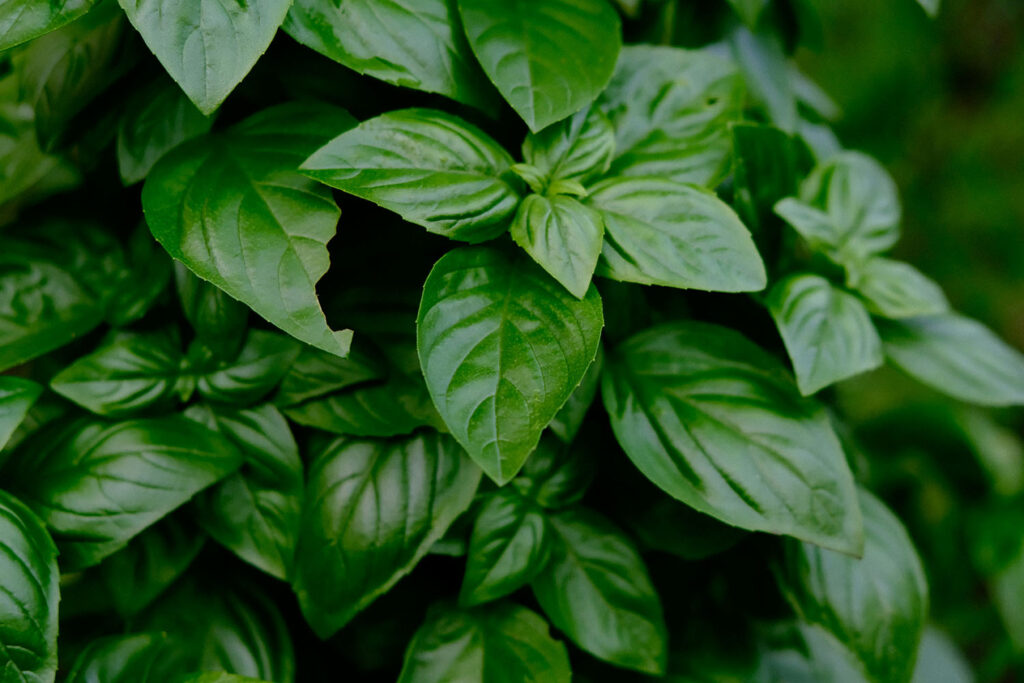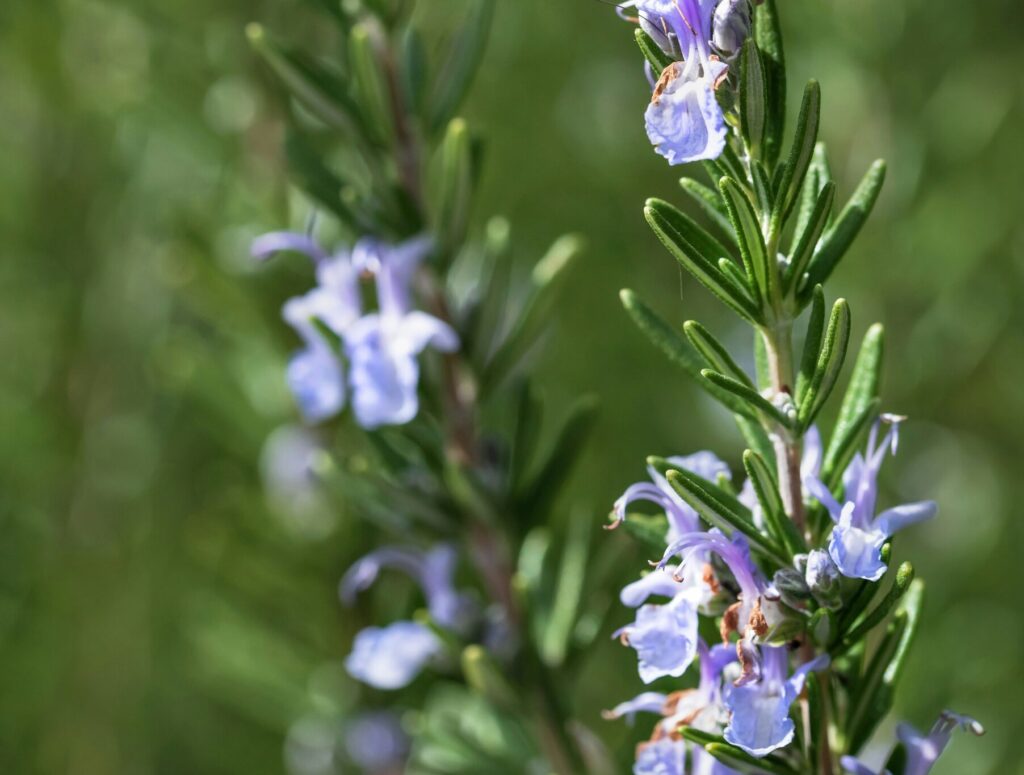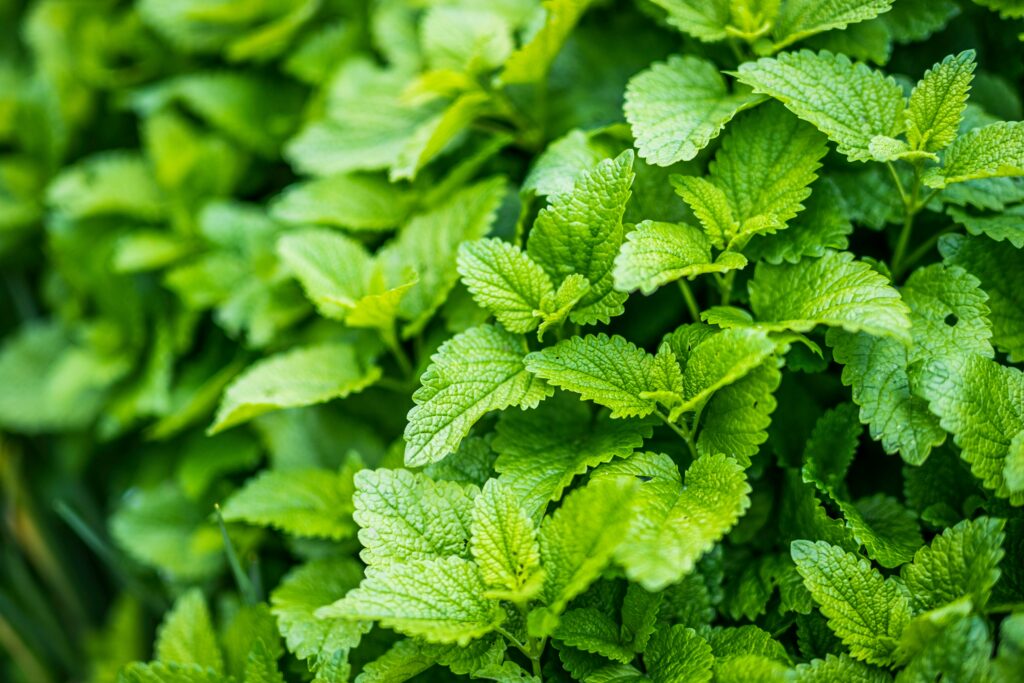Incorporating mosquito repellent plants into indoor spaces is an effective and environmentally friendly way to deter these pesky insects while also adding greenery and freshness to your home. Here, we’ll explore ten such plants renowned for their ability to naturally repel mosquitoes, providing a comprehensive guide to help you create a lush, mosquito-free indoor environment. Mohit Tandon from Burr Ridge suggested 10 Indoor Plants for Mosquito Repellent.
Lavender (Lavandula spp.):
Lavender’s delightful fragrance is a favorite among humans but repels mosquitoes due to its high concentration of essential oils, including linalool and linalyl acetate. Its beautiful purple blooms and silvery-green foliage make it a lovely addition to any indoor space.

Basil (Ocimum basilicum):
Beyond its culinary uses, basil emits a scent that mosquitoes find unpleasant. Growing basil indoors not only serves as a natural mosquito repellent but also provides fresh herbs for cooking. Keep basil plants near windows or other areas where mosquitoes might enter to maximize their effectiveness. – Mohit Tandon Burr Ridge

Citronella (Cymbopogon spp.):
Citronella is a well-known ingredient in many mosquito repellent products. The plant itself, commonly known as citronella grass, emits a strong citrus scent that masks the odors that attract mosquitoes. Planting citronella in pots and placing them indoors near entry points can help deter mosquitoes effectively.

Rosemary (Rosmarinus officinalis):
Rosemary is another herb with mosquito-repelling properties. Its woody aroma is pleasant to humans but acts as a deterrent to mosquitoes. Growing rosemary indoors requires plenty of sunlight, making it ideal for windowsills or sunny spots in your home. – 10 Mosquito Repellent Plants Indoor : Mohit Tandon Burr Ridge

Peppermint (Mentha × piperita):
Peppermint’s potent fragrance contains compounds like menthol that mosquitoes dislike. Planting peppermint in indoor pots or containers can help keep mosquitoes at bay while also providing a refreshing aroma to your living spaces. – Mohit Tandon Burr Ridge

Catnip (Nepeta cataria):
Catnip, a member of the mint family, contains a compound called nepetalactone that has been found to be more effective at repelling mosquitoes than DEET, the active ingredient in many commercial insect repellents. Growing catnip indoors can help create a mosquito-free environment while also providing enrichment for any feline friends you may have.
Marigold (Tagetes spp.):
Marigolds contain pyrethrum, a natural insect repellent commonly used in mosquito coils and sprays. Planting marigolds indoors can help repel mosquitoes while adding vibrant color to your home décor. Be sure to place them in well-lit areas to promote healthy growth and maximize their repellent properties.

Lemon Balm (Melissa officinalis):
Lemon balm emits a lemony scent that mosquitoes find unpleasant. Growing lemon balm indoors can help deter mosquitoes while also providing a fragrant and flavorful herb for culinary use or herbal teas. Keep lemon balm plants in pots to prevent them from spreading aggressively. – Mohit Tandon Burr Ridge

Geranium (Pelargonium spp.):
Certain varieties of scented geraniums, such as citronella geraniums, are known for their mosquito-repelling properties. These plants emit a fragrance similar to citronella and can be grown indoors to help keep mosquitoes away while adding beauty and color to your home.
Lemon Thyme (Thymus citriodorus):
Lemon thyme, with its citrusy scent, is an excellent choice for indoor mosquito control. This aromatic herb not only repels mosquitoes but also adds flavor to culinary dishes. Plant lemon thyme in pots and place them near windows or doors to help prevent mosquitoes from entering your home.
In conclusion, incorporating these ten mosquito repellent plants into your indoor spaces can significantly reduce mosquito presence while enhancing the aesthetics and air quality of your home. Whether you’re seeking natural alternatives to chemical insect repellents or simply looking to add more greenery to your living environment, these plants offer an effective and eco-friendly solution to indoor mosquito control.
